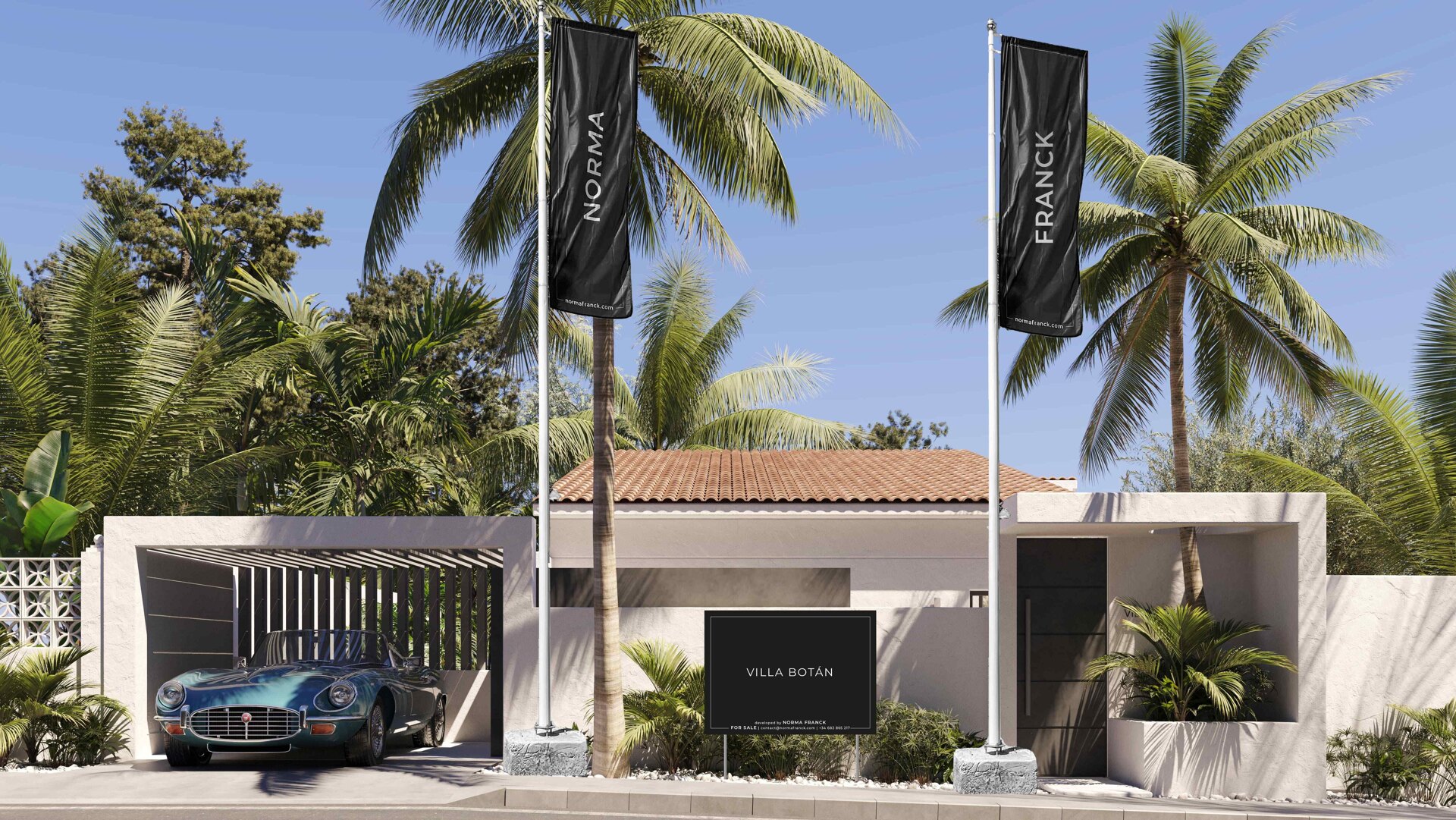Insightful investing. Must-know costs for property buyers in Marbella & Spain

When purchasing property in Spain, it’s essential to account for additional costs, usually 12-14% of the purchase price. This guide outlines the main expenses involved, but requirements can vary for new or second-hand properties. Including these costs in the budget is crucial to avoid surprises. Consulting a tax professional is always advisable for a detailed understanding and personalised advice.
Personal taxes
Navigating Tax Responsibilities for Individual Owners
TAX IMPLICATIONS FOR RESIDENTS
In Spain, residents are required to pay Income Tax (IRPF) on their worldwide income, which includes income generated from properties in Spain.
PROPERTY TAX FOR NON-RESIDENTS
Personal Use: Owners of holiday homes or secondary residences must pay tax based on their fiscal value. Residents include this in their annual tax return, while non-residents must file a separate tax declaration.
Rental Income: If rented out, tax applies to actual rental income. EU non-residents pay 19% and can deduct expenses, while non-EU non-residents pay 24% with no deductions.
Not Rented: If the property is not rented, tax is 1.1–2% of the fiscal value. EU non-residents pay 19%, and non-EU non-residents pay 24%.
Partial Rentals: If rented only part of the year, tax is split—actual income for rented days and generic tax for vacant days.
WEALTH TAX UPDATE
Wealth tax still exists but is not applied in Andalucía, Madrid, and some other regions due to tax breaks. Filing a declaration is still required, but the tax rate is 0%.
TAX ON LARGE FORTUNES
Applies to anyone owning assets in Spain worth €3,000,000 or more.
Property taxes
Exploring Tax Implications for New and Resale Estates
PURCHASING A NEW DEVELOPMENT
Impuesto sobre el Valor Añadido (IVA – Value Added Tax)
This tax applies only to new properties and is paid by the buyer at the time of purchase. The VAT for new homes is set at 10% of the sales price, which is determined by the vendor.
ACQUIRING A RESALE PROPERTY
Impuesto Sobre Transmisiones Patrimoniales (ITP – Property Transfer Tax)
This one-time tax is applicable to the purchase of second-hand properties in Spain, with rates ranging from 6% to 10%, depending on the region. In Andalusia, the current rate is 7%.
Impuesto de Actos Jurídicos Documentados (IAJD – Stamp Duty)
This fixed fee applies to newly built properties and amounts to 1.2% of the purchase price, excluding VAT. It also applies to mortgages, where it is calculated based on the loan amount at risk. It is paid alongside the ITP.
GENERAL EXPENSES
Annual Real Estate Tax (I.B.I.): Levied by the Town Hall, this tax is a percentage of the property’s cadastral value, varying from 0.3% to 1.3% depending on the municipality, the location and the property type. Before completing the purchase, it is advisable to acquire a copy of the seller’s most recent I.B.I. receipt to verify the tax amount.
Garbage Tax: The property garbage collection tax is paid annually and the amount usually does not exceed 300 € per year.
Community Fees: It is not a tax, but a cost related to the maintenance of common areas for properties forming part of a community of owners. Before finalising the sale at the notary’s office, it is crucial to ensure that these fees are current.
Remember this is a general overview. Consulting a tax professional for personalized advice is always recommended.





